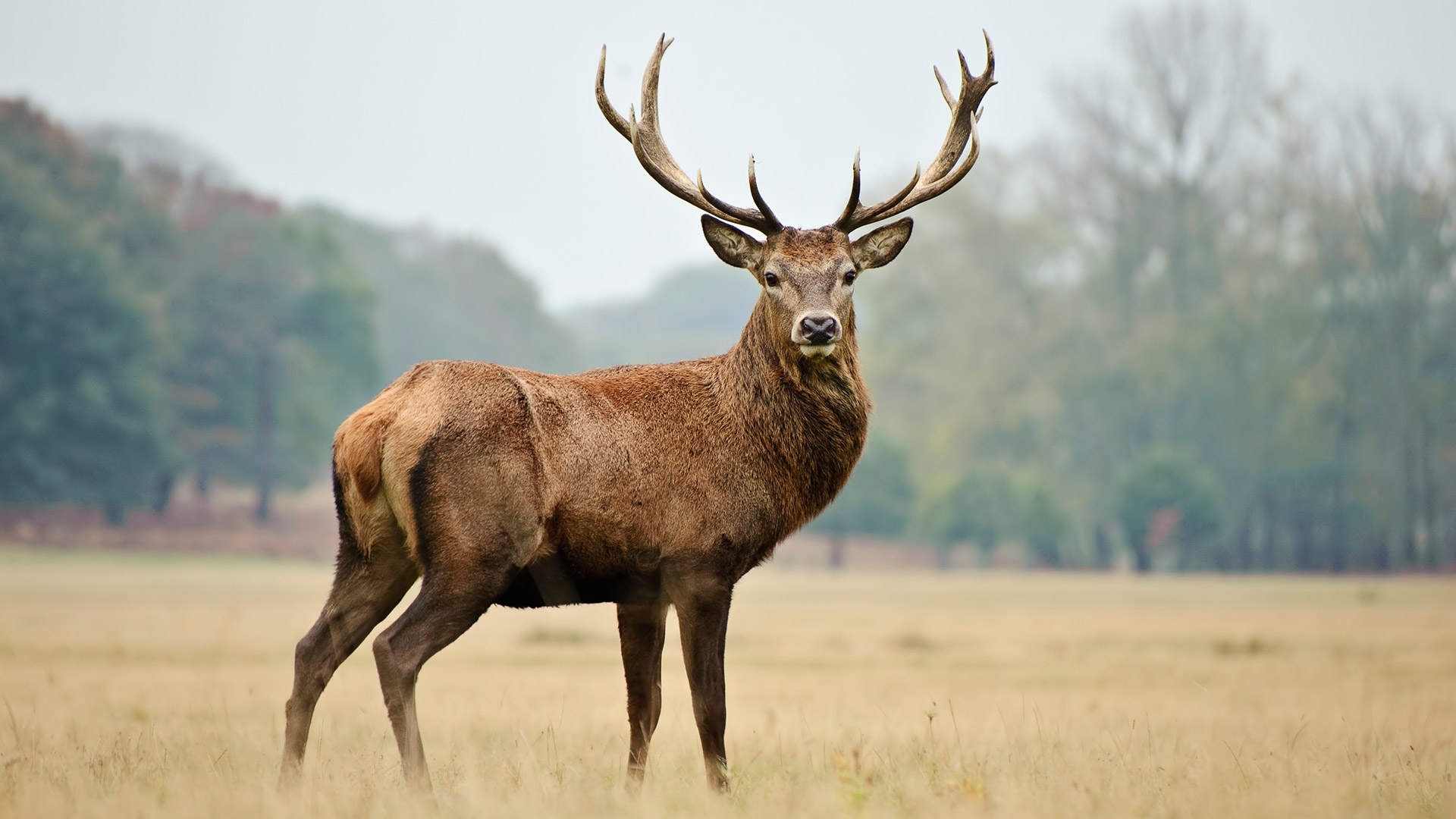Importing Cervids (Farmed, Semen and Embryos) into the United States

USDA APHIS regulates the importation of all ruminants and their germplasm (embryos/oocytes, semen, cloning tissue) to prevent the spread of animal diseases. Ruminants include all animals which chew the cud, such as cattle, buffaloes, sheep, goats, deer, antelopes, camels, llamas and giraffes.
Requirements
Canada
- Import Alert: Updated import requirements for Canadian origin cervids imported into the United States (May 2024)
- Protocol Farmed Cervids from Canada (216.72 KB) (January 2021)
- Effective May 1, 2024, Canadian Certified status herds must comply with two-tissue testing (obex and retropharyngeal lymph nodes) for CWD for a minimum of 60-months before being eligible to export farmed cervids for purposes other than immediate slaughter to the United States. CFIA implemented a requirement for two-tissue testing on March 15, 2024.
APHIS is currently permitting individual U.S. States to request a temporary derogation from the 60-month compliance period for elk bulls imported to terminal hunt facilities for the upcoming hunt season, if certain conditions are met. State Animal Health Officials should contact APHIS directly for additional information.
- Effective May 1, 2024, Canadian Certified status herds must comply with two-tissue testing (obex and retropharyngeal lymph nodes) for CWD for a minimum of 60-months before being eligible to export farmed cervids for purposes other than immediate slaughter to the United States. CFIA implemented a requirement for two-tissue testing on March 15, 2024.
- Effective September 1, 2023, in addition to the export health certificate, all imported farmed cervids (other than for immediate slaughter) must be accompanied by a certificate addendum endorsed by CFIA. See an outline of the required certificate addendum statements (131.4 KB).
* Potential importers of Canadian-origin cervids into the United States should request that the exporter consult with their local district CFIA office prior to initiating any export related processes/testing, to confirm herd/animal eligibility for export.
Australia (protocol is being updated); a permit and export health certificate are required.
Canada
- A permit is not required to import cervid semen from Canada transported by land; an export health certificate must accompany the shipment and the port of entry into the United States must be notified at least three days in advance.
New Zealand
Australia (protocol is being updated); a permit and export health certificate are required
New Zealand
What You Need To Know
- U.S. transits are classified as shipments presented to a U.S. port of entry for conveyance purposes to then be transported to a destination country shortly after.
- Please note that any animals and their germplasm transiting the United States must not transit countries with questionable disease statuses prior to reaching a U.S. port of entry.
- All transits require a contingency plan. Submit your contingency plan with your permit application (VS 17-129 (211.74 KB)) to laipermits@usda.gov. To submit an import permit electronically, visit APHIS eFile.
- If you are applying to import live animals, semen, and embryos, you may submit applications by email to laipermits@usda.gov.
Contact Us
Live Animal Imports
For questions about import permits or permit applications:
Live Animal Import Permit Team
Email: laipermits@usda.gov
Phone: 301-851-3300
For general questions related to the import of a live animal:
Live Animal Import and Export
Email: laie@usda.gov
Phone: 301-851-3300

